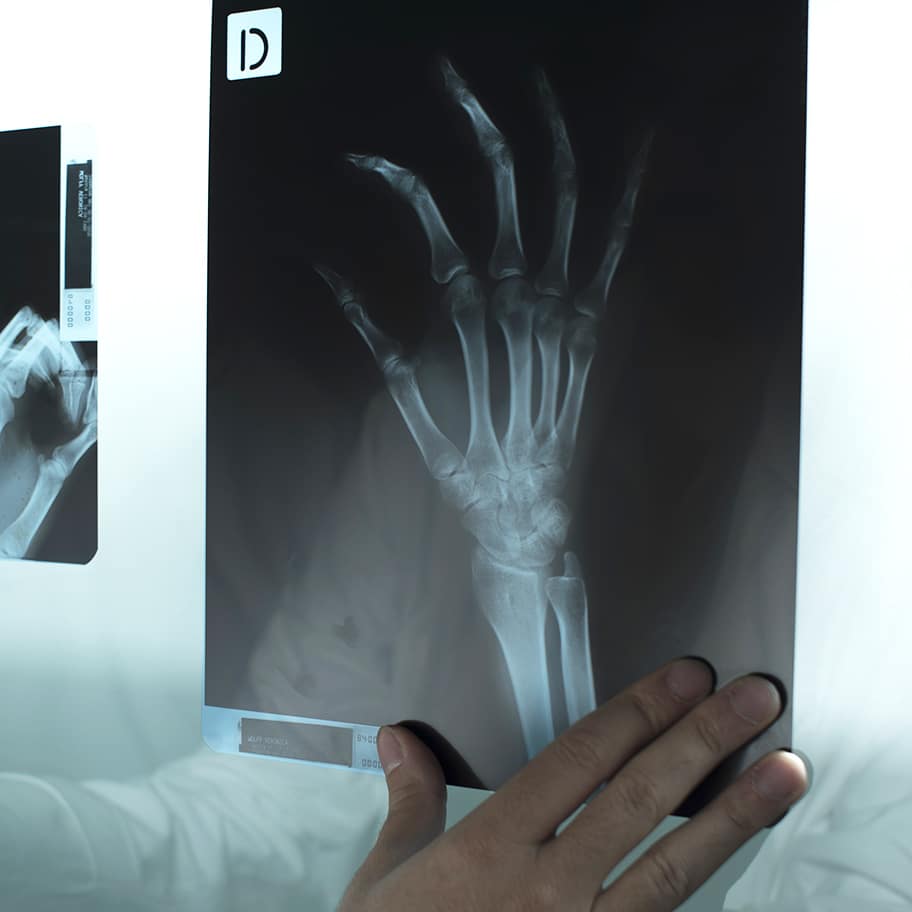Who is Liable?
An important first step in the personal injury claims process is determining who is liable for the injuries that have been sustained. This will be determined based on the circumstances in which the injuries occurred. As these injuries are quite common and can happen in a number of circumstances it can sometimes be difficult to determine who was at fault.
Accident at Work*
Following a workplace injury, it is often the employer who is found liable for the injuries sustained. Employers have a duty of care to ensure the health and safety of employees throughout the course of their work. This includes carrying out frequent risk assessments in order to identify hazards and also providing adequate training and protective equipment which can help to prevent accidents in the workplace. It is up to them to ensure that employees are aware of the health and safety regulations which are in place. Failing to do so could result in employer negligence if an injury has been sustained in the workplace. Common causes of wrist injuries at work are:
Accident in a Public Place*
Depending on where the accident occurred it is likely that the occupier or manager of the premises is found liable. This is stated in the Occupiers’ Liability Act 1995. The Act states that an occupier of premises owes a reasonable level of duty of care to any visitors on their land. This means that they should have regard for their health and safety at all times and ensure that they do not sustain any injuries while on the premises. This also applies for injuries sustained on private land, where the owner of the land will be found liable for any injuries sustained by visitors. The most common cause of public place accidents are slips, trips and falls due to:
- Slip and fall on a wet floor in a shop/supermarket
- Trip and fall over uneven flooring
- Fall in a stair well because of broken or inadequate handrails
- Tip and fall because of inadequate lighting
- Slip and fall on wet floor/broken glass in a pub or nightclub
- Tripping on a pot hole or poorly maintained footpath
- Accidents in playgrounds and public parks
Road Traffic Accident*
Following a road traffic accident, it is important to determine who caused the accident. If the other driver acted negligently which led to the accident occurring then they will be found liable for any injuries you have sustained. If you were a passenger in a car it can be either driver that is found liable. Some examples of road traffic accidents involving a wrist injury have been:
Common Wrist Injuries
Sprain and Strains
Caused by stretched or torn ligaments or tearing of the muscles and tendons.
Breaks and Fractures
This is the most common type of wrist injury and can be caused for many different reasons such as trips and falls or an accident at work.
Repetitive Strain Injury (RSI)
This is a disorder which causes discomfort in the tendons of the upper body. RSI is very common among office workers who would spend a long time typing at a computer screen each day. This injury can cause chronic pain and discomfort for those affected.
Carpal Tunnel Syndrome
A common cause of this is regular, repetitive strain on the hands, fingers or wrists, This strain puts pressure on the nerves which facilitate movement of the fingers and hands. Carpal tunnel symptoms include numbness and a tingling sensation in the affected area.
Tendinitis
Tendinitis is the name given to inflammation of the tendons. There are a number of different variations of this injury and it can occur all over the body. Symptoms can be hard to determine as there are many different types of injury.

